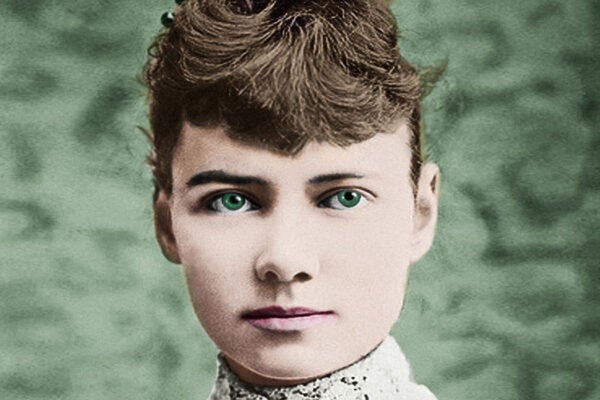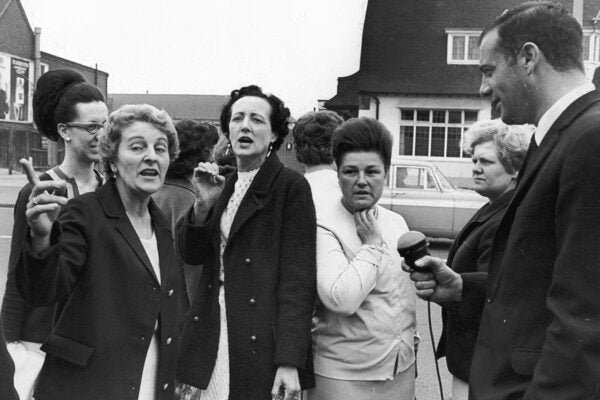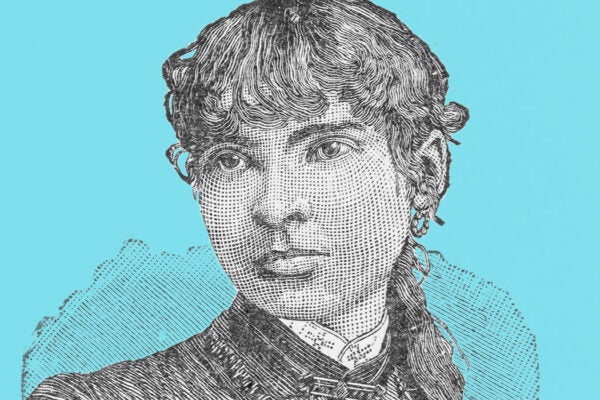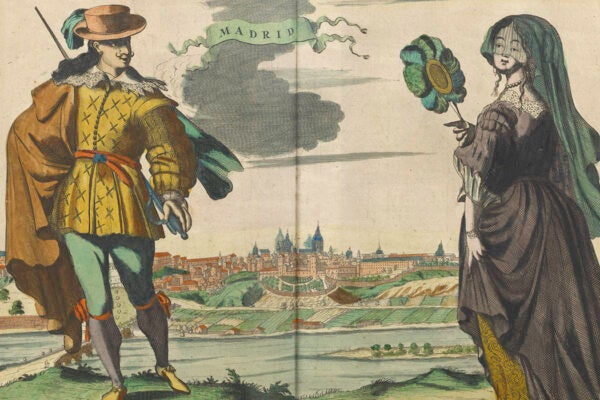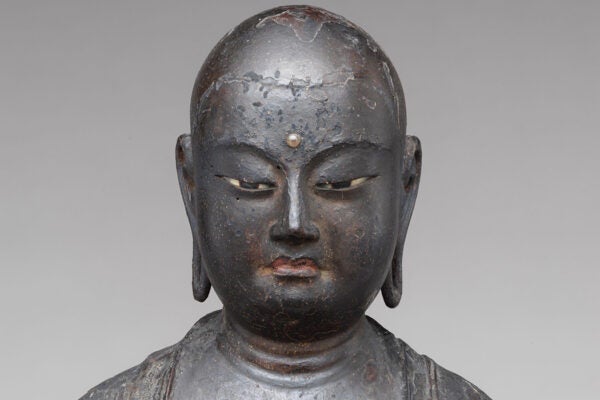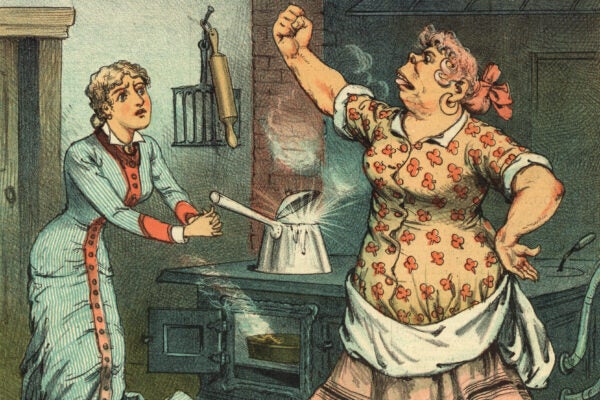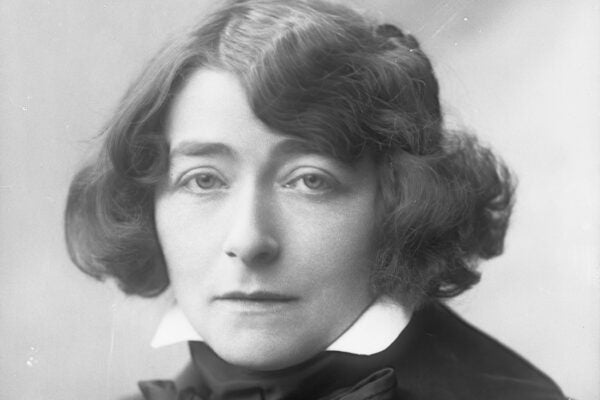Nellie Bly Experiences It All
One of the first female investigative reporters, Nellie Bly shone a light on the plight of American women by facing the world head on.
Ford’s Striking Dagenham Women
The women sewing machinists of the Dagenham plant received a raise after they went on strike against Ford. But was this a victory?
Finding Lucretia Howe Newman Coleman
Once a powerful voice in the Black press, Coleman all but disappeared from the literary landscape of the American Midwest after her death in 1948.
The Power of the Veil for Spanish Women
In sixteenth-century Spain, veiling allowed women to move freely through cities while keeping their identities private.
Remembering Maud Lewis
A symbol of resilience and resourcefulness, Lewis remains one of Canada’s best-loved and most-celebrated folk artists.
A Bodhisattva for Japanese Women
Originally known in China as Dizāng, the “savior of the damned,” Jizō has evolved into a protector of children and comforter of women in Japan.
Beryl Markham, Warrior of the Skies
The first person to fly solo, non-stop from Europe to North America, Markham lived life by her own rules.
She’s All About That Bass
It’s not your imagination: a disproportionate number of women really do play bass guitar in rock bands.
From Saint to Stereotype: A Story of Brigid
Caricatures of Irish immigrants—especially Irish women—have softened, but persist in characters whose Irishness is expressed in subtle cues.
Eileen Gray: Architect In Her Own Right
Without formal training as an architect, Gray created magnificent designs that sensitively blended traditional craft with a modern aesthetic.
